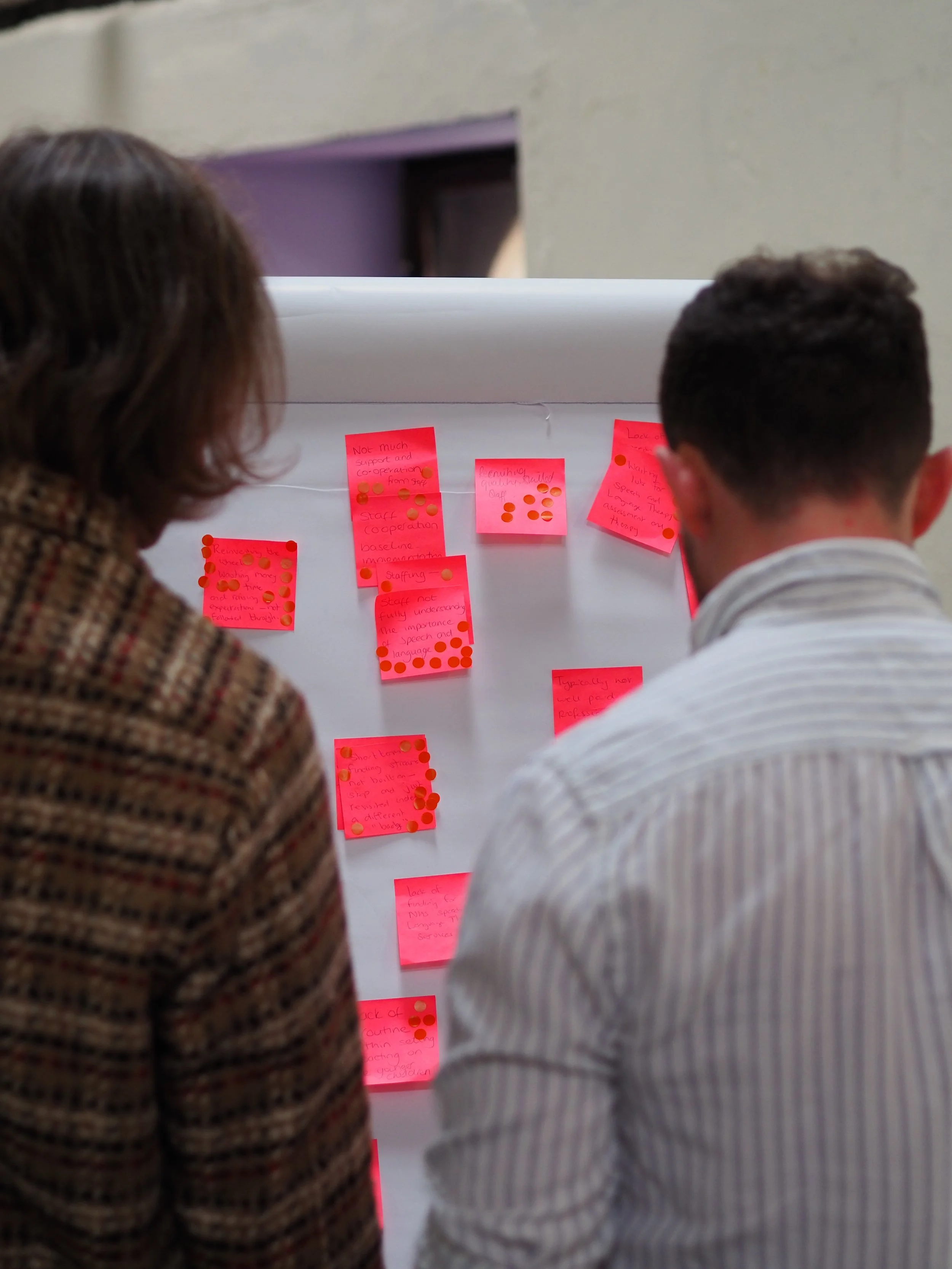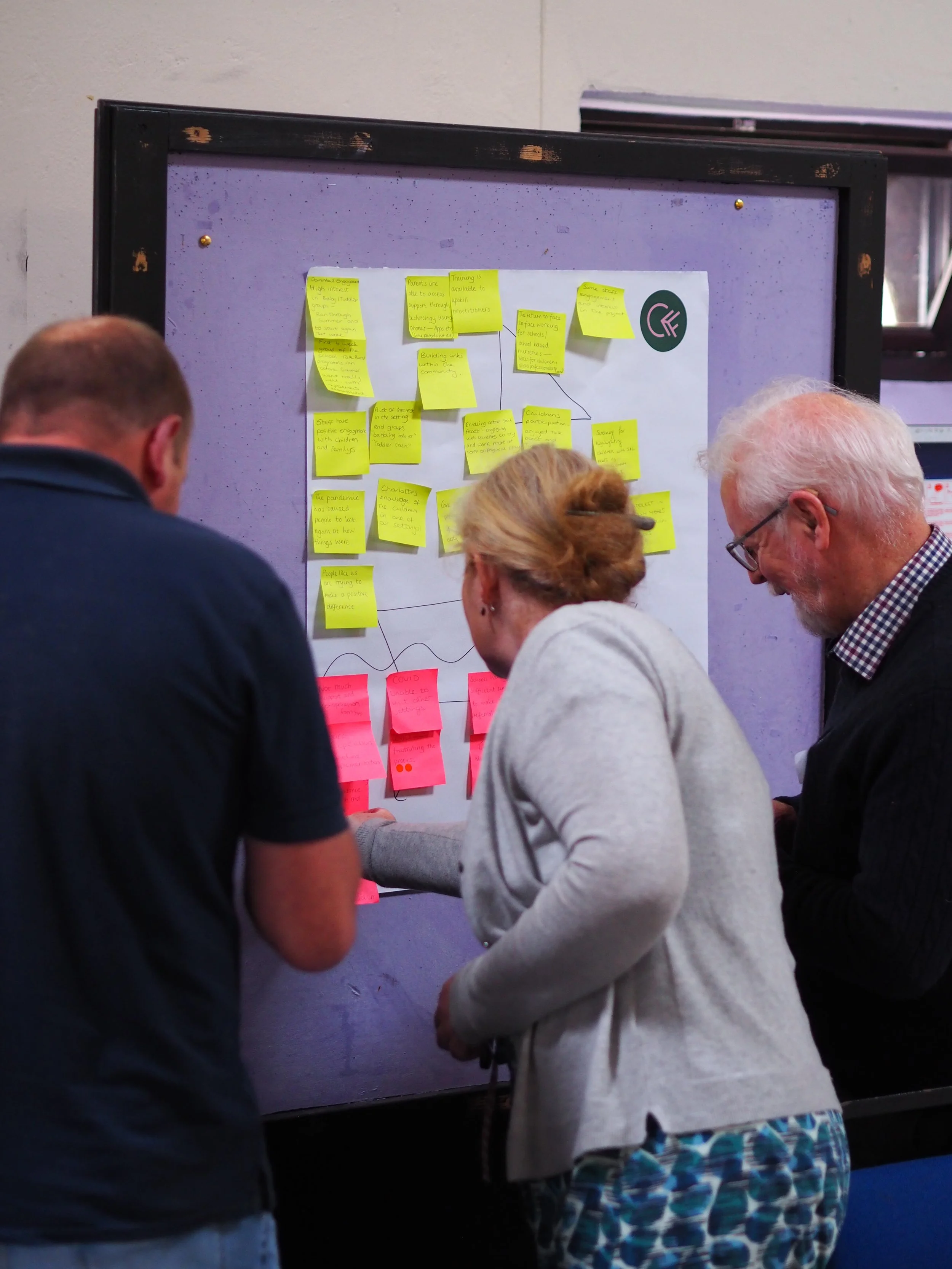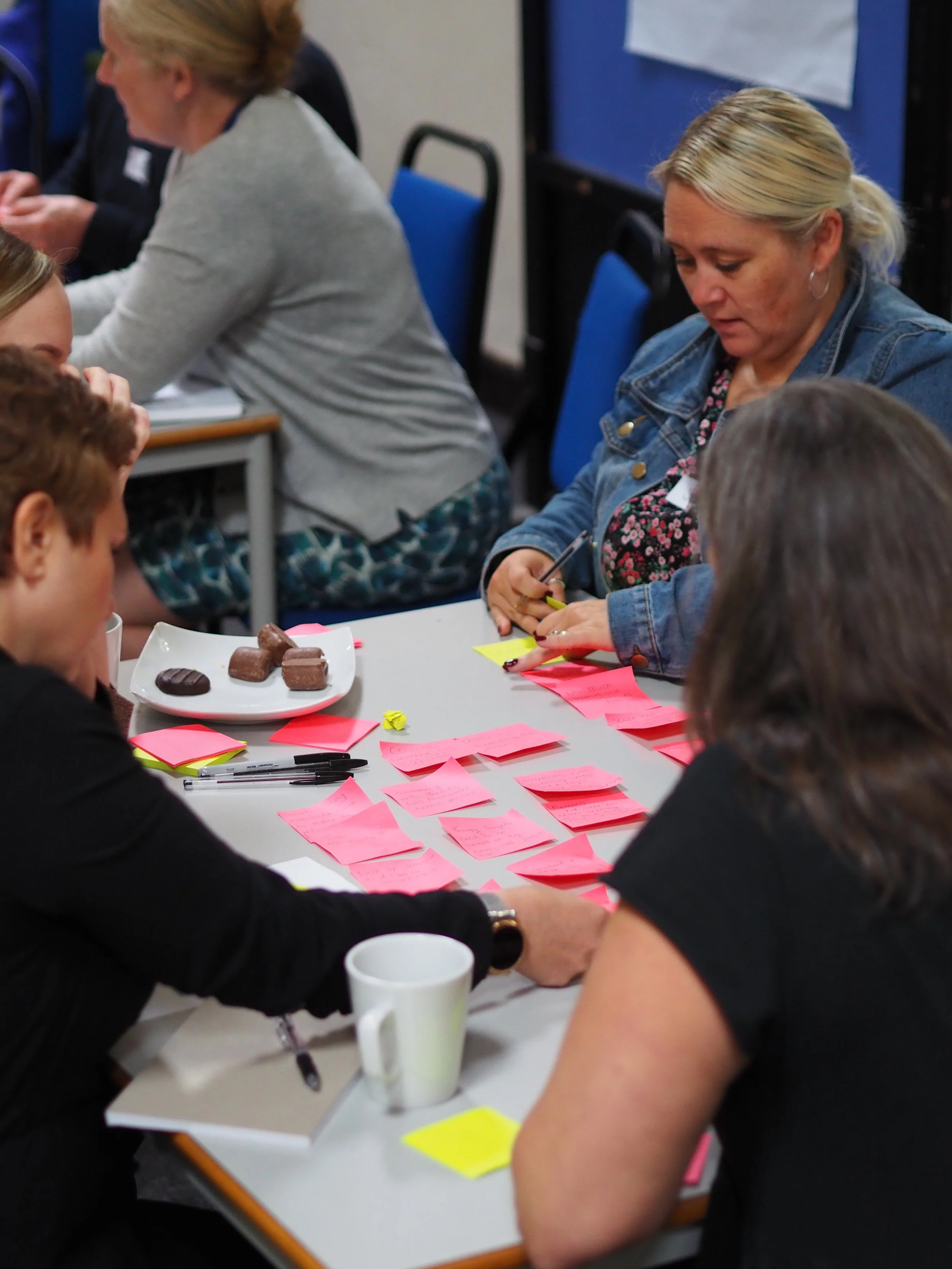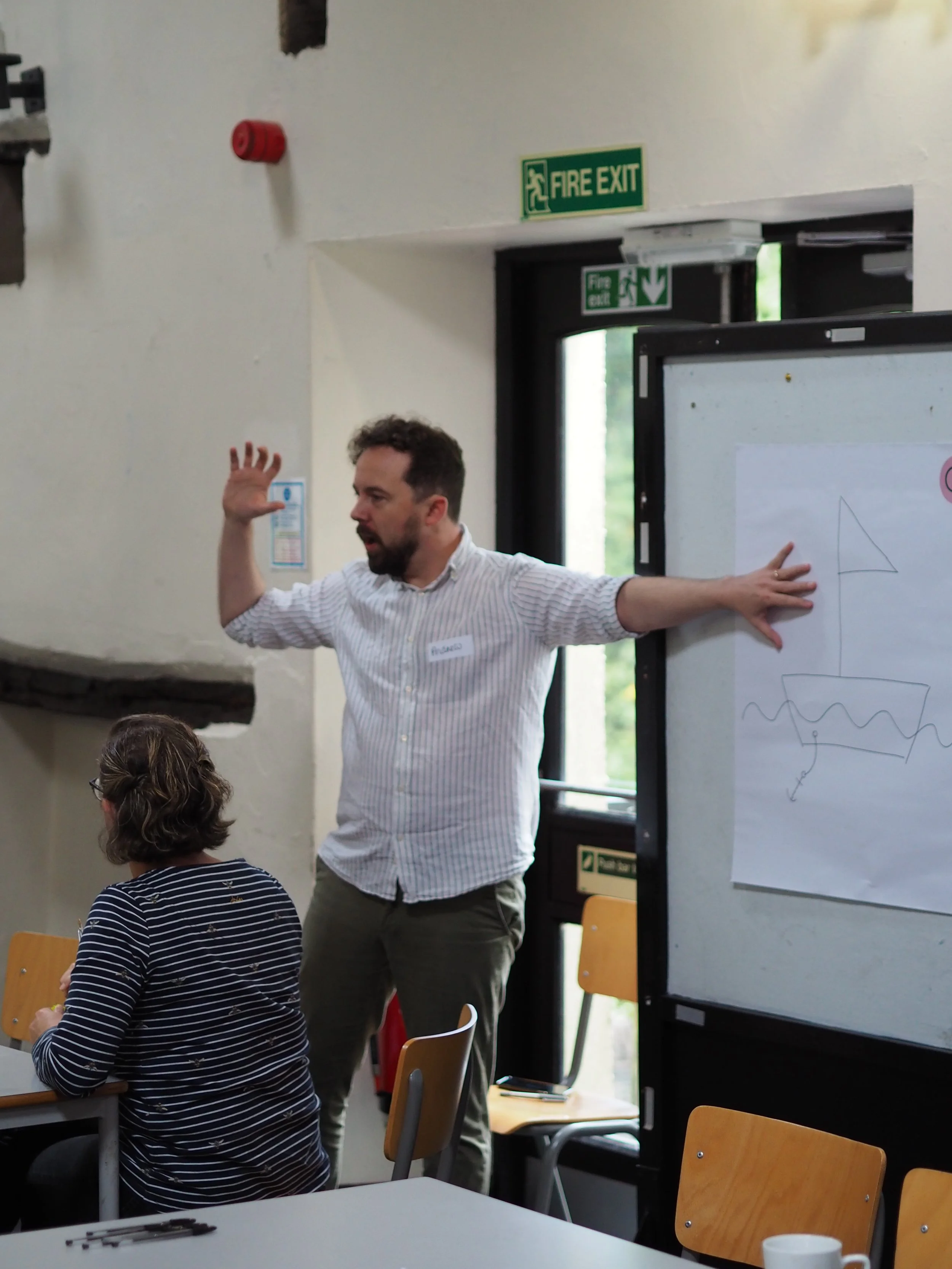Lingro
App design, UX/UI + concept
Brand & social content
Collaborators - Hannah Matthews (Illustration)
I had the privilege of working with JBE, to help conceptualise, design and build a groundbreaking speech and language acquisition app designed specifically for caregivers of children between the ages of 0-3. Our initial goal was to research the subject area thoroughly, conducting user interviews and facilitated workshops, utilising the Design Sprint 2.0 method.
After extensive research and collaboration, we not only designed and built the Lingro app from the ground up but also created a comprehensive brand identity to accompany it. The app empowers caregivers of all backgrounds, particularly those from low-SES families or with diverse language and communication skills. It provides accessible resources, interactive tools, and personalized guidance to support language development in young children.
“We are delighted with the App which exceeded our initial expectations of what we could achieve, but also found the design and development process so useful that we asked Common Fiction to work with us at JBE to establish our identity as an organisation. Andrew and the team really helped us to work out exactly how and where we wanted to operate, what our short-term and longer-term goals were, and gave us a meaningful framework for how to develop without losing sight of the company’s values. They also gave us a brand image which we feel captures exactly how we want to present ourselves.”
Penny Forrest, JBE employee and Cumbria Communication Project manager



After extensive research and collaboration, we not only designed and built the Lingro app from the ground up but also created a comprehensive brand identity to accompany it.
The app empowers caregivers of all backgrounds, particularly those from low-SES families or with diverse language and communication skills. It provides accessible resources, interactive tools, and personalized guidance to support language development in young children.




Facilitated Workshops
It was imperative that we understood the needs of our users, the caregivers of children. These could be parents or guardians, but also practitioners in a nursery or school setting.
These workshops provide a collaborative and interactive environment for gathering valuable insights and perspectives. By involving our clients directly in the process, the workshops ensure that their needs, preferences, and pain points are thoroughly understood.
This user-centric approach allows for a more accurate and comprehensive understanding of the target audience, enabling the development team to create a tailored solution that addresses specific user requirements. Additionally, the workshops foster collaboration and cross-functional communication among team members and stakeholders, promoting a shared vision and alignment throughout the project.
The Design Sprint 2.0 techniques provide a structured framework for ideation, prototyping, and testing ideas rapidly, allowing for quick iterations and validation of concepts. Overall, these facilitated workshops enhance the quality of research, promote stakeholder engagement, and lay a solid foundation for the successful development and launch of Lingro, resulting in an app that effectively supports speech and language acquisition for caregivers of young children.
“When we undertook a project which brought together several partner organisations to work collaboratively, we realised the project needed its own identity and vision if it was to succeed. We again turned to Common Fiction, who ran several workshops which not only were pacey and enjoyable, but turned a group of people who didn’t know each other and had differing agendas into a cohesive, supportive and enthusiastic team and gave rise to a project which continues to be active and has a clear focus. We can’t praise enough how the process has worked to bring about change and growth, and has inspired creative ways of thinking in our team.”
Penny Forrest, JBE employee and Cumbria Communication Project manager





